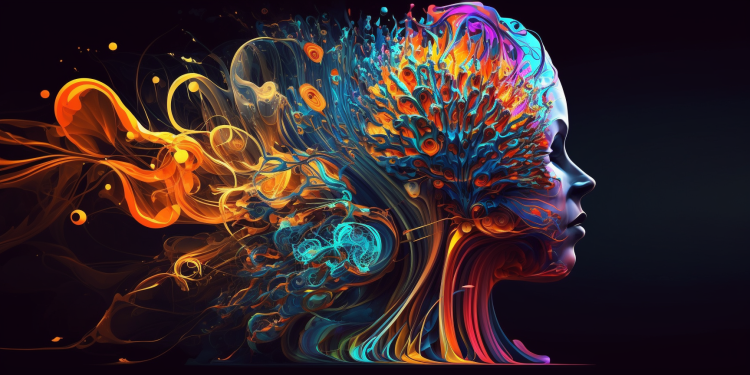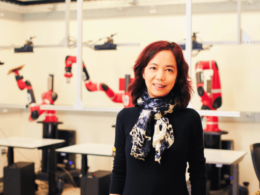Geoffrey Hinton, a renowned figure in the field of AI, has been vocal about his thoughts and concerns since retiring from Google. Hinton is credited with perfecting the “backpropagation” algorithm, a key advancement in neural networks. This breakthrough has greatly contributed to the success of deep learning technologies, which form the foundation of modern generative AI models.
In recognition of his groundbreaking work, Hinton was honored with the Turing Award, often referred to as the Nobel Prize of computer science. However, Hinton’s perspective on AI has shifted over time. Initially an optimist, he has now become more skeptical about the timeline of AI surpassing human intelligence.
The Uncertainty of AI’s Advancement
Hinton had originally believed that AI surpassing human intelligence was a distant possibility, projected to occur in 50 to 60 years. However, his outlook changed when he realized that this milestone might be achieved within five years. In a recent 60 Minutes interview, Hinton expressed his concerns about the existential threats posed by AI systems that could soon outperform human capabilities.
“I think my main message is there’s enormous uncertainty about what’s [going to] happen next. These things do understand… And because they understand, we need to think hard about what’s going to happen next.” – Geoffrey Hinton
Hinton believes that advanced AI models may be able to reason better than humans within the next five years, making humans the second most intelligent beings on the planet. While AI systems may not possess consciousness in the traditional sense, Hinton suggests that they may develop consciousness over time.
The Need for Global Governance
The rapid advancements in AI have sparked concerns about the impact on society and the need for regulation. As AI technology progresses, global governance becomes crucial in order to ensure ethical and responsible use of AI.
Efforts towards regulation are already underway, with the European Union leading the way. The EU is in the final stages of debating comprehensive legislation known as the AI Act. However, the United States has expressed concerns that these regulations may favor larger companies, potentially hindering productivity for smaller firms.
The fragmented global regulatory landscape poses challenges for companies operating in multiple countries, as they must navigate and comply with varying frameworks. However, there is potential for global cooperation in AI regulation. The G7 leaders are expected to establish international AI regulations by the end of the year, focusing on governance, intellectual property rights, disinformation, and responsible use.
“It may be [when] we look back and see this as a kind of turning point when humanity had to make the decision about whether to develop these things further and what to do to protect themselves if they did.” – Geoffrey Hinton
The urgency for comprehensive global governance of AI is crucial. The direction we take and how we address the challenges posed by advanced AI will shape the future of humanity. In order to ensure the ethical and sustainable development of AI, collective and collaborative action is necessary from governments, businesses, and civil society.










